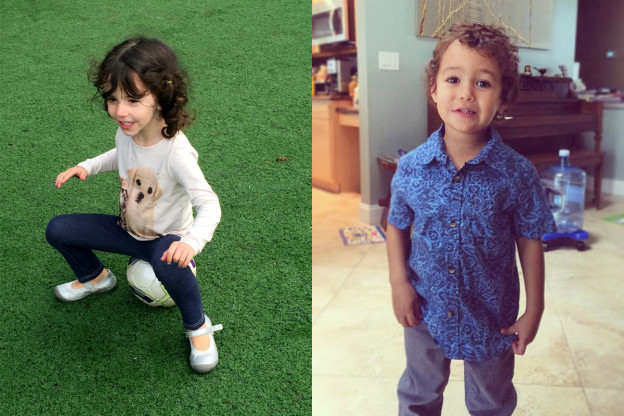Why might teaching your child to clean toilets be more helpful than teaching them algebra?
I love this video. All schools and parents should learn from this school. I have been extolling the importance of teaching chores and giving children responsibilities for decades. Sadly, parents and schools seem to do a poorer job of this every year. Many parents and most schools don’t understand the importance of teaching their children to work and contribute and how to become what I like to call “highly capable.” If I could I would raise every child on a farm or a ranch or around a family business so that there were always plenty of chores and jobs to do–lots of opportunities for growth.
Most of today’s kids don’t have a clue about chores or real “work.” I can ask a parent about what chores their kids do and get blank stares as though the concept is completely foreign, or a reply like he helps clear the table sometimes and will take out the garbage if I ask him. It is extremely rare that I have a parent reel off a list of real chores and responsibilities that their child assumes responsibility for. The norm is more like Mom having to get her children out of bed and on the bus in the morning, and perhaps when pushed they sort of clean up their room or help with dishes. And, sadly, the list tends to get shorter as the kids get older.
Many parents appear to feel that the more they do for their children, the more they are demonstrating their love and support; with the net result that they are teaching their children that they are both dependent and entitled. The outcome is often conflict and negativity and children growing up with the belief that what you give them and what you do for them is the true measure of your love for them. The more they are given, the more they demand. Along with the entitlement comes more and more pushback so it becomes easier and easier to do everything for them and hope that some day they will learn to be responsible and not so self-centered.
I see high school students who can’t be responsible for even getting themselves up in the morning, let alone taking care of their personal space, fixing themselves a meal, assuming responsibility for and contributing to the family and the home–their home–and often even their school assignments. Parents who remind their children that they have assignments that need to be completed, that they have upcoming tests that they need to study for, are assuming the responsibility for their children and are shocked when their children do poorly and that their children don’t feel responsible for their failure. But why should they? They’re not responsible, you are.
Many parents think that what their children need to learn is centered on academics and skills taught in classes and on teams. The children need to learn to read, to do math, science, perhaps play the piano or kick a soccer ball, etc. Are there benefits to these things? Certainly. They’re critical; but it’s not enough–not close to enough. Could learning to clean a toilet and having the responsibility to keep that toilet clean lead to better outcomes than getting artificially good grades in algebra because your mother got you up every morning and helped you with your assignments and hounded you to study for tomorrow’s test and having a teacher who let you take the test over again because you blew it the first time? In the big picture, in the long term, could learning to be responsible for cleaning the toilet produce better outcomes?
Children need to learn how to be independent, to take care of themselves, to be responsible for themselves, to learn that the universe doesn’t revolve around them, and that they need to learn to serve and do things for the family and others.
Children who are given jobs and chores and are held responsible gain tremendous self-respect and self confidence, demonstrate maturity beyond their peers, learn to be independent not dependent, learn to look for what needs to be done, do it, and learn to be responsible.
Irresponsible children tend to become irresponsible adults.
Entitled children tend to become entitled adults.
I love watching children grow and develop into adulthood with a strong sense of who they are, independent, confident, and having the courage to push themselves, think for themselves and to have respect and compassion for others. These things don’t happen by accident. They happen when parents understand that they are raising their children to be adults, not self-centered, dependent, irresponsible, entitled, very large children.
Teaching your child how to do chores correctly and teaching them to assume the responsibility for doing those jobs and chores needs to be seen as a fundamental part of their education.
Many parents and schools have lost the vision. Perhaps this is why we are becoming more and more of an entitled society.

 I received a note from one of our dads today. Simon has his three children on program. Today he shared a couple of things his son, eight-year-old Noah, had just said. Noah is smart, fun, a fledging stand-up comic, has very good processing, and academically now is on a 5th grade level.
I received a note from one of our dads today. Simon has his three children on program. Today he shared a couple of things his son, eight-year-old Noah, had just said. Noah is smart, fun, a fledging stand-up comic, has very good processing, and academically now is on a 5th grade level.